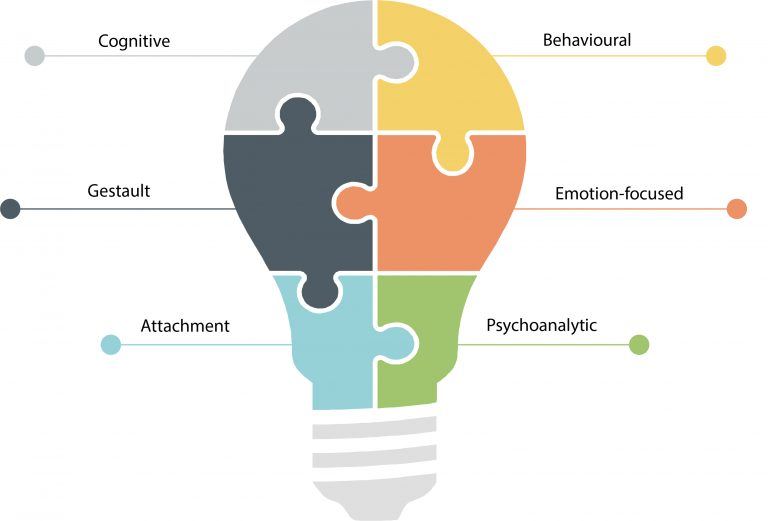How Schema Therapy Can Be Very Beneficial
What Is Schema Therapy?
Schemas are different patterns of thoughts and beliefs about the self, the world and other people. Schema therapy has been used by psychologists and mental health professionals to help clients managing challenges that are long term and that are interfering with their lives.
Schema therapy focuses on how you see yourself and others around you, as well as how you respond emotionally and behaviourally. It addresses patterns rather than just one single thought or emotion. Schema Therapy combines elements from Cognitive Behavioural Therapy (CBT), attachment, object relations theories, Gestalt and experiential therapies. Examples of some of the patterns that Schema Therapy would address are:
how we see ourselves as being good enough or not good enough;
our sense of worth;
our ability to control what happens around us;
our ability to get along well with others (or not);
where we feel unsafe in our environment.
Schemas Therapy is based around the idea that people develop patterns of thinking, feeling and behaving about themselves and others. Scheme Therapy helps patients identify their schemas so they can modify them if necessary to improve mental health. Schema Therapy firstly help you identify what your (thinking, emotional and behavioural) patterns and schemas are. These usually would be linked to childhood or some past significant experience. Following this, clients will learn ways to modify their schemas and also learning strategies to regulate their emotions more adaptively.
What Techniques Are Used In Schema Therapy?
Different techniques are used depending on our personal situations and history. These techniques are based around empathic confrontation and limited reparenting theories and include, but not limited to:
Emotion-focused techniques
Interpersonal
Cognitive
Behavioural
What Are The Benefits Of Scheme Therapy?
Schema therapy is usually used for individuals who don't particularly respond to other treatment options. Some benefits can include:
Helping you understand your self-limiting beliefs and change your relationship to them
Helping you understand longer-term patterns that seem to be difficult to shift
Helping you change your behaviour and thought patterns that support unhelpful beliefs and replacing them with more constructive belief structure
Being an effective tool in relationship counselling between people, to understand various patterns of behaviour and interaction ect.
It can be used in counselling for trauma, whether it is from childhood or adulthood.
What Does Schema Therapy Generally Treat?
Schemas therapy can be used in different mental health treatment, such as:
Depression counselling
Anxiety counselling and other mood disorders
Relationship counselling
Work-related stress
Anger management and self-esteem issues
Borderline Personality Disorder (BPD)
Complex Trauma
How Does It Compare To Other Psychological Therapies?
Schema therapy is a form of psychotherapy that can be used to treat individuals, couples, families and groups. Schema Therapy usually addresses long-term patterns rather than changing “one thought” or an emotion in a particular situations. It tends to look at difficulties that are recurrent and persistent.
Although Schema therapy requires a longer term commitment than CBT or ACT, and that it is a relatively new mode of therapy, research has shown its efficacy, particularly in treating personality disorders.
If you are interested in Schema Therapy, we would recommend talking to your GP or contact us to speak to our professional team of psychologists. They can help guide you through the process of finding the right support and therapeutic framework for you.

